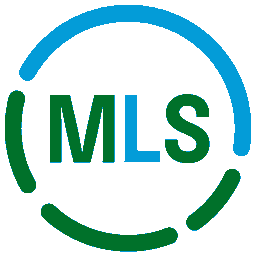As a provider of institutional and specialized primary information systems positioning the patient at the center of the paradigm, MedLink integrates within the care network and facilitates interoperability between the different actors of public health.

Challenge
In the early 2000’s, the WHO published a study which concluded that improving the quality of life of patients and reducing healthcare costs was primarily achieved by improving patient compliance, which at that time was on average less than 50%.
Based on this finding, a public health physician and an information systems engineer teamed up to create Medical Link Services (MLS) whose mission was to help improve patient well-being while reducing healthcare costs.
MLS then worked with hospitals to develop support programs to help discharged patients better manage their compliance.
After two years of work, it became clear that the main cause of non-compliance did not come from the patient but from the lack of coordination of activities between all the actors involved in the care system.

Solution
MLS naturally proposed MedLink to the home care organizations, which at the time were the only structures exercising the coordination role through a referent.
This person’s function was to define with the patient the objectives of the care and to structure it in detail. He or she is the central point of contact for all the parties involved in the care.
The contribution of the MedLink information system specially designed to handle coordination has allowed efficiency gains often exceeding 15%, while improving patient comfort.
MedLink then positioned itself in the Home Hospital and primary care diabetes networks, structures in which coordination was already a key element.

Approach
MLS, whose system manages 7 million interventions with patients living at home in 18 cantons each year, helps coordinate nearly 30 professions: referent, nurse, care givers, social worker, care assistant, family assistant, stomatology nurse, diabetology nurse, psychiatric nurse, palliative care nurse, occupational therapist, chiropodist, dietician, meal delivery agent, driver (for people with a disability), and also telephone permanence, planner, benefits manager, administrative assistant, attending physician, specialist physician, …
The specialization of care providers, particularly in the medico-social field, involves an increasing number of care providers, a trend that further increases the importance of the coordinating role.
Primary networks decide what needs to be done and it is essential that the patient contributes to these decisions, especially if the patient is an elderly person.
In order to stop the systematic increase in insurance premiums, it has become essential for public health authorities to consider generalizing this coordinating role and finding funding for it.
MLS, thanks to its expertise and technology, unique in Switzerland, is a credible partner to help implement an effective coordination solution in the medico-social field.
Thus, as a provider of institutional and specialized primary information systems positioning the patient at the center of the paradigm, MedLink integrates itself into the care network and participates in the interoperability between the different actors of public health.




